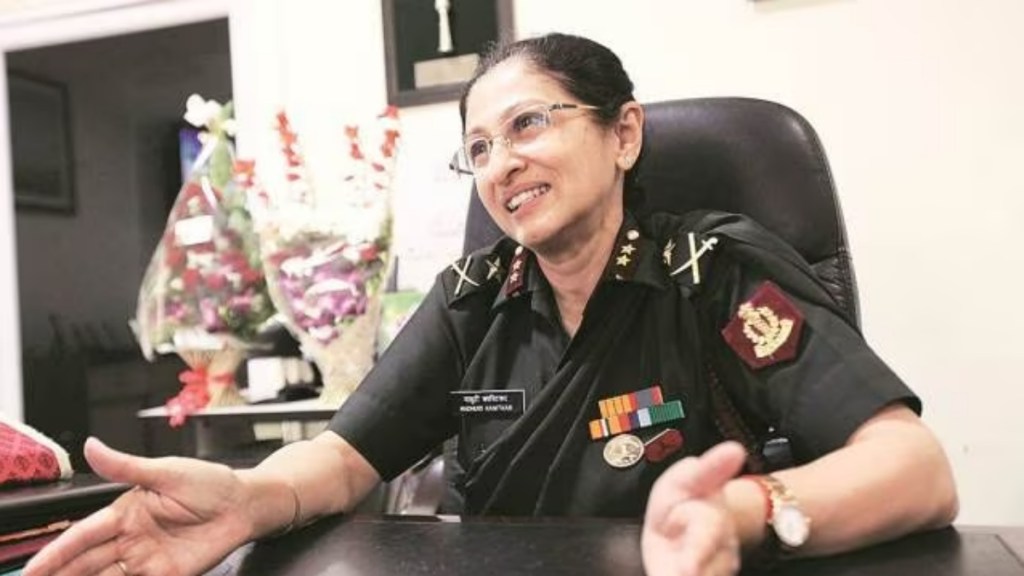More than three years have passed since India’s top court issued an order to allow equal roles for women in the army, stating that “women could serve as army commanders,” dismissing the government’s stance that male soldiers were not ready to follow instructions from female officers as “disturbing.”
India, which has one of the world’s largest militaries, has long opposed allowing women to serve in combat roles, citing concerns about their vulnerability if caught. However, the Indian Air Force and Indian Navy offer permanent roles to women, including selective fighter positions.
Recently, the Indian Army has taken significant steps towards gender inclusion by considering enlisting women as jawans, thereby broadening their representation in the military. This shift in perspective comes after the successful integration of women into the Corps of Military Police.
Women’s roles within the Indian Army have evolved over time. Initially admitted as nurses, their responsibilities expanded as demand grew. In 2020, women officers were granted permanent commissions in the Army, with the added benefit of eligibility for command postings. The terms of appointment for female officers are now identical to those of their male counterparts. Since 1992, laws have been revised in favor of women, and further amendments are expected in response to demand.
“India as a country, in my view, has always put women’s safety first. Take me as an example; I was never ever put in a situation where my safety was at stake, we have various roles which are not gender specific.” Former Lt General (Dr.) Madhuri Kanitkar told FE online
The necessity of women in national security and combat roles remains a topic of vigorous debate. Seven nations, including Australia, Norway, New Zealand, Canada, Germany, Israel, and the United States, permit women to engage in combat.
On being asked that seven nations have already provided women with the roles of women while India has not, Kanitkar replied, “We will design roles as per our requirements; we can’t compare other countries requirements and positions with ours.”
When questioned about this disparity, she stressed the diverse roles in modern warfare, going beyond physical strength to encompass mental acuity, technology, and logistics.
Adding further she said, “People assume that the war is just a mere fist fight; it is not like that; we have various roles in different combat zones. Modern warfare is about missiles, radar systems, cyber security, food security, economic security, and proficient high technology. Maybe they cannot carry as much weight as men, but now the war is more about mental strength, and I don’t believe gender-specific roles matter there.”
Women’s empowerment in a country is determined by equal opportunities given to them; the government, as the representative, challenges such opportunities. claiming that male soldiers from backward were not “mentally schooled to accept women officers in command.” The administration also claimed that men and women officers had physical differences and could not be handled equally.
On the matter Kanitkar replied, “The government can be a spokesperson for society, but journalists like you are the true voice of society, and all of the changes and reforms that have been implemented thus far are the result of such voices being raised in court.” When women were given the opportunity to lead on Republic Day this year, not only did their male counterparts accept their order, but they also earned more recognition from them. In fact, they were excellent candidates for the post, proving all preconceived preconceptions wrong. It is not about attaining equal numbers of both genders in all roles, but about choice.
When asked what has changed or will change in terms of Nari Shakti if more women engage in the Army and National Security services, she said, “To move any country ahead holistically, and in terms of women’s empowerment, it is good to include both genders. When women are represented in all sectors and roles, it inspires others to join in. This helps eliminate the gender gap in the country. It is not an overnight procedure; it will happen gradually, but women should have the ability to express whether or not they want to take on these roles.”

